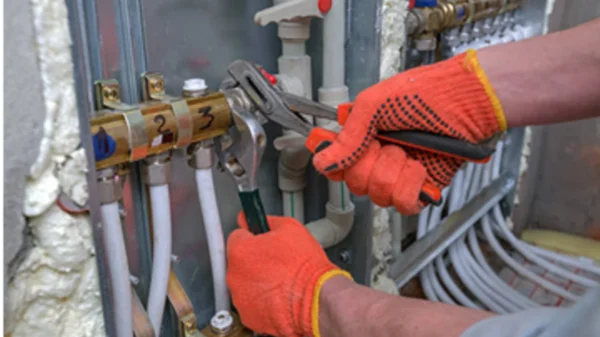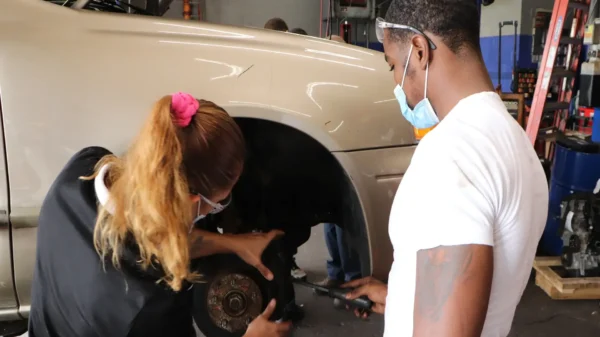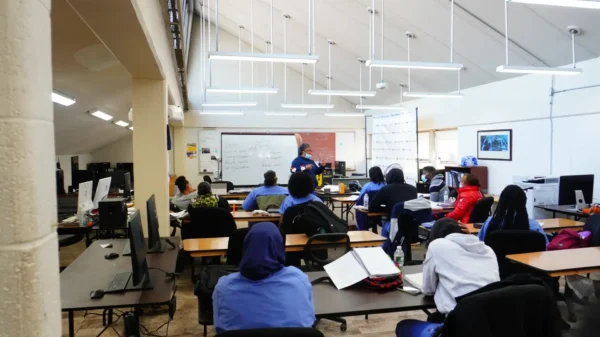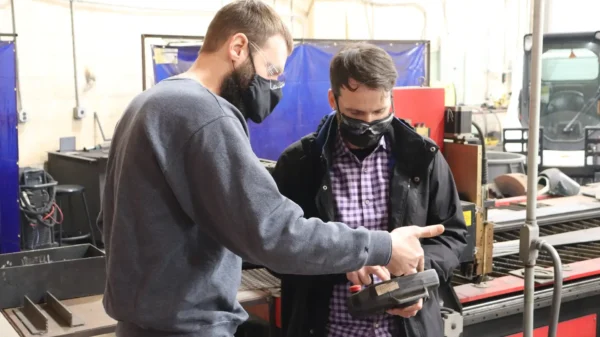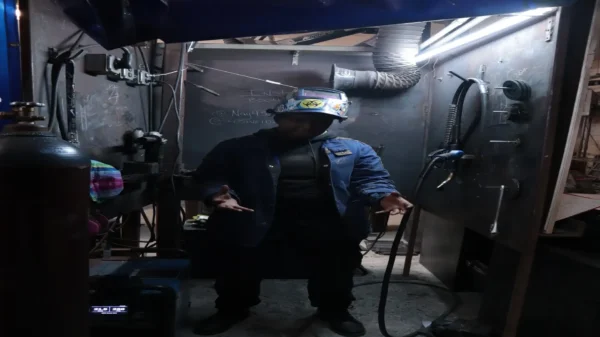High school students are pressured to prepare for college and attain a degree. For many, college is a natural choice when they finish high school. But is it always the correct choice? The skilled trades occupations form a very competent alternative to traditional white-collar jobs. Skilled trades occupations must be given a shot by people who cannot afford to pay the hefty amount that college degrees demand.
Why College Is the Norm?
According to the Bureau of Labor Statistics statistics, people with bachelor’s degrees earn more money than people with high school diplomas—the idea of more excellent earning capacity drives many people to apply to and get into college. However, the statistics do not break down the job alternatives to show what employment choices still have high earning potential.
Those numbers also do not factor in the college expenses and how much you will have to pay back in student debt for the degree. That is why you need to know that college is not your only option. A trade school can instruct you for a great career in skilled trades while saving you huge money.
Skilled Trade Workers Needed
Not only can you make an enormous living by working in a skilled trade, but you can also fulfill a rising need. A trained tradesman is someone who specializes in a particular occupation that needs formal vocational education that is not a traditional 4-year college degree program. To qualify for the trades jobs, you also must work in employment that needs on-the-job training, direct skills, and work experience.
Common Jobs Include:
- Electricians, Plumbers and Pipefitters
- Backhoe and other construction tool operator
- Electrical repairman
- Riggers
- Machinists
- Tool and die makers
- Welders
- Carpenters
- Forklift handlers, including large-capacity forklift
- Tile and marble setter
- Cement masons and finishers
- Painters
- Sheet metal workers
- Structural iron and steelworkers
- Plasterers
- Crane and tower operators
- Dump truck operator
Some other examples include:
- Dental hygienists
- EMTs and paramedics
- Medical and dental assistants
- Chefs and head cooks
- Legal and medical secretaries
- Hairdressers
- Manicurists
- Bakers
- Automotive mechanics
- Shop and leather workers
- Medical appliance technicians
These skilled trade jobs in demand are essential to society. Buildings would be built with tradespeople, and getting duties or dining out at a hotel would be easier.

Cost Of College Education
The expense to go to college proceeds to go up. Research conducted by the Department of Labor in Idaho exhibits that the regular cost for a bachelor’s degree at a college or university in the United States. is $1,27,000. Most students have to take out debt to pay for college. With the interest on those loans, you could spend much more. In addition to tuition, you have to spend on food, housing, books, and more. College is not inexpensive.
Job Potential In Skilled Trades
On the other hand, the U.S. The Bureau of Labor Statistics foresees instantaneous growth for several skilled trade jobs over the upcoming few years. The trade jobs should increase by 13 percent between 2016 and 2026, faster than average growth. This provides more than 1,83,000 employment that should open by 2026. For plumbers, pipefitters, and steamfitters, the growth rate prediction is 16 percent, much faster than average.
Spend Less Time
You can save time when you start learning trades. The typical bachelor’s degree takes at least four years to complete. On the other hand, the average trade school course takes two years to finish. The cost difference is significant, too. On average, you could save almost $1,00,000 by selecting a trade school instead of an academy or university. Students’ average loan amount when graduating from a technical university is $10,000. The average loan load is $29,900 when graduating with a bachelor’s.
Skilled Trades in Pop Culture
If you turn on your TV or watch a movie, you will likely see skilled tradespeople operating in various capacities. Construction workers, supervisors, and public contractors oversee and perform the work on your favorite house renovation and building shows. On the famous show, “Dirty Jobs,” the host, Mike Rowe, takes on all categories of skilled workers. In doing so, he learns the ins and outs of specific jobs. Many of these employees are in trades such as plumbing, coal mining, looking for animals, etc. When Rowe does these jobs, he realizes how hard people in vocational trades work to achieve results.
Earning Potential
You do not have to lose earning potential by choosing a vocational trade. According to statistics, the average yearly income for a worker in an office or administrative support job is $35,410. The average annual income for construction workers is $45,960. Skilled tradespeople can also evolve and increase their careers in trades. This is especially true for those who specialize in various skills or employment. When you are a specialist, you serve more in demand.

Although many business counselors and high school staff partners drag students to college, a career in skilled trades is a valuable choice. Many people appreciate their work and thrive in careers as qualified tradesmen. With so many alternatives and high growth potential, deeming a job in a skilled trade is worthwhile. You can put your abilities to use while getting better at something precious in society. These trades will invariably be necessary, even as devices and technology change.










